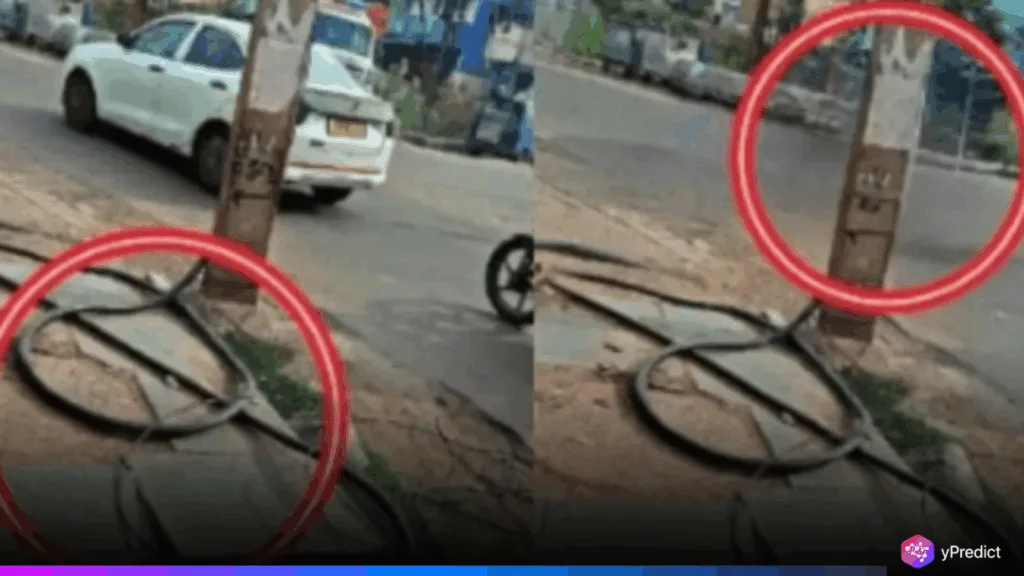
Government officials maliciously used artificial intelligence (AI) to modify a photo on the complaint of a resident regarding open electric wires in Pallikaranai, Chennai, which caught the Greater Chennai Corporation (GCC) in a massive backlash. Rather than tackling the problem adequately, the officials provided an edited image in which they deleted the cars, yet the shadows appear, indicating that the image was manipulated. The incident has outraged the entire world, and the issue of governance, accountability, and ethical use of technology in the field of public administration has gained huge concern.
Misuse of AI and Governance Failures
After one of the residents filed a complaint about the presence of exposed hazardous wires, the GCC officials did not repair the wires but provided a doctored photo as evidence of what they had done. Although they eliminated the cars seen in the original picture, they left their shadows, which distinctly reveal the trick. This fake resolution signifies an underlying issue of governance in the GCC, such as the cases of intimidation and leakage of personal information of the complainants. These strategies corrupt popular belief in the system and display a functional breakdown of accountability and transparency.
The officials opted to beard charity instead of solving the real issue, instead of taking cover, and presented the AI as a way to cover up and not the real solution. The current incident shows that the applications of misused technology pose ethical problems and dangers in the realm of civic administration. Significant concerns exist regarding training and supervision since the technicians in charge of working with such modernization projects are not well-trained, and they produce very poor quality editing on the image. The scandal has made its way to the net quite fast, augmenting the pressure to shed more light and responsible rule-giving.
Political and Technical Dimensions and Public Reaction
Such abusive uses of AI are in line with growing international suspicion of unethical AI uses, including the U.S. Federal Trade Commission’s Operation AI Comply, launched in 2024 to address fraudulent AI schemes. The current DMK government (2022) in control of Chennai has said it will act upon its perpetrators, but the general population is distrustful. The fact that the officials are not able to use AI tools competently is obvious, and low-level mistakes such as making car shadows leave in the picture speak of not only the technical incompetence but also intentional dishonesty.
The response of the users of social media is a combination of indignation, mocking, and attempts to appeal for change based on this universal feeling of dissatisfaction with the governance failures. The experience highlights that visible forms of governance need to complement ethical use of AI and competency in the technology realm. It also brings out the danger of losing the trust of citizens when authorities use the new technologies just to create an impression, but not to render a valuable service. The antipode has put the local government under pressure to enhance supervisory and accountability measures so that people do not lose more trust in their government.
The Need for Ethical AI and Transparent Governance
The GCC photo manipulation case showcases the dualist capabilities of AI in that highly valuable tools can become either innovative or create facades. Using AI to hide the unsolved problems of the people is likely to jeopardize the legitimacy of governance and the trust that citizens have in their governments. The case highlights the extreme need to adhere to high ethical principles, transparency, and ethics training when it comes to the management of affairs of a state.






